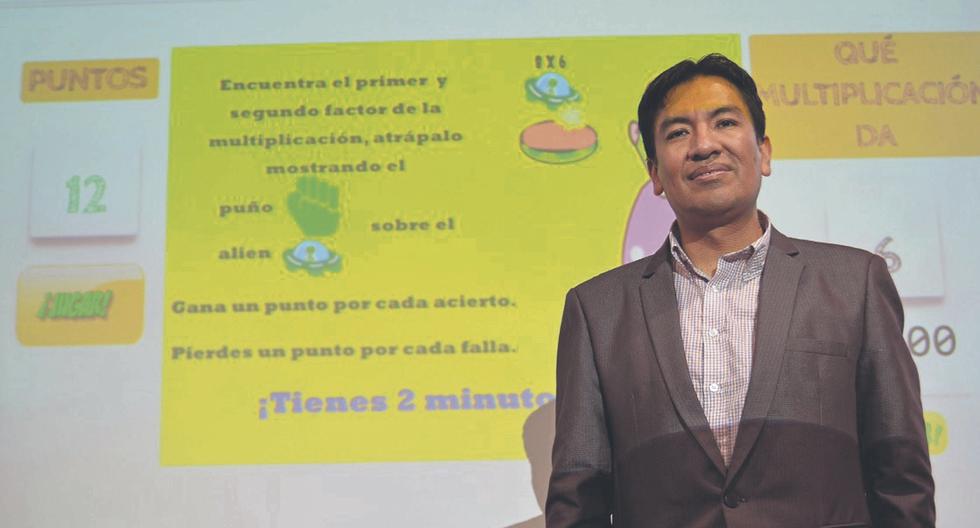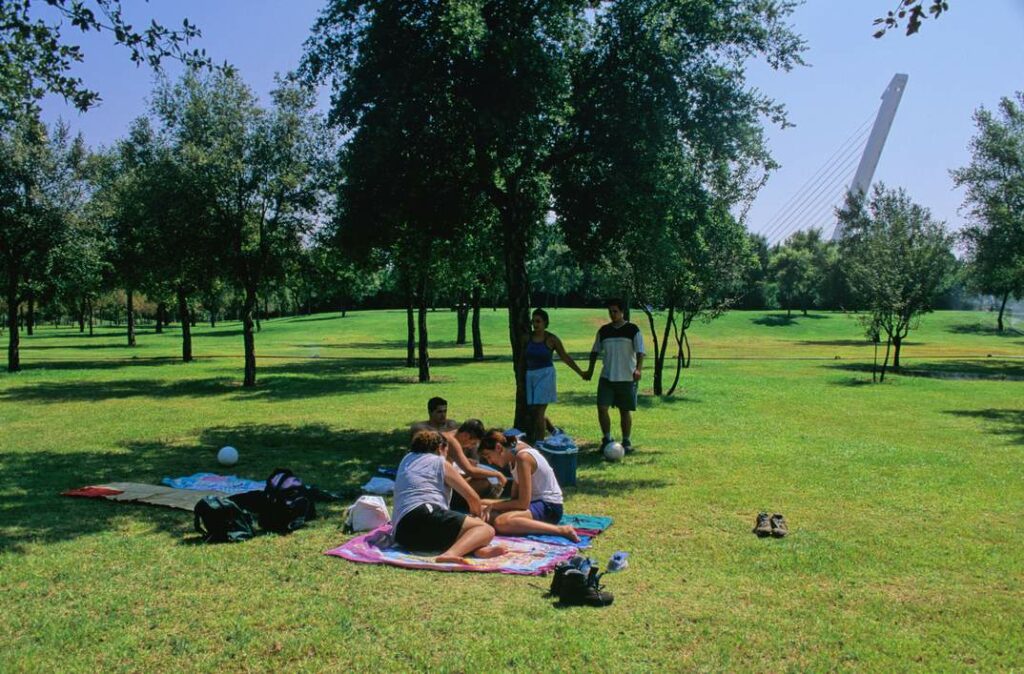Juan Cadillo was clear in pointing out that, after passing through the Ministry of Education, the government of Pedro Castillo “dedicated itself to supporting unions” and the sector was abandoned. In 2023, schoolchildren suffer the consequences.
How is the sector starting in 2023? Is it in the same conditions as during the government of Pedro Castillo?
The pandemic brought us many problems; we had an infrastructure gap of S/108 billion that has widened S/40 billion more. The other component is the pedagogical part, since the level of student learning was reduced; In this sense, we started 2023 with several weaknesses because we must continue advancing in the recovery of learning. In 2022 there was no direction in management, they did not have the capacity to define the vision of what they wanted to implement in the short and medium term.
How was the decline in learning measured?
With the effective working hours of teachers and students, the number of hours was drastically reduced because, in the virtual environment, students, especially from state schools, did not have access to classes (…) the other indicator is international studies, which have reported to us that there is a drastic reduction in learning of Peruvian students, even in those who did have access to technological tools.
According to the Transparency Economic portal, the 2023 budget for the education sector is 17,195 million soles. Is a budget enough to recover?
The idea is to have a larger amount of budget each year, but the education sector, from the ministry, the regional governments and the UGELs, generally does not manage to execute everything and, therefore, there is a lot of money that returns to the coffers nationals.
Of this fund, more than S/3 billion are earmarked for investment projects. Does all that money go to the construction of schools?
It usually tends to be covered for school infrastructure. For example, we have a project called the Bicentennial Schools, which aims to have schools with the best equipment, with a reasonable execution time and which is carried out in a country-to-country agreement; there we have a strong delay, because there is a lot of bureaucracy that does not allow us to advance on this issue.
When you pointed out that the government of Pedro Castillo did not have a north in education, what aspect are you referring to?
Unfortunately, the previous minister (Rosendo Serna) dedicated himself to supporting the most proselytizing unions or activities and did not pay attention to key elements, such as what educational quality we require, how far we have to take initial, primary, secondary and higher education. Thus, there are indicators to measure the impact of management. When these objectives are not made visible, then it is not known if we are advancing or regressing.
The Minister of Education, Óscar Becerra, declared that the education situation “is post-war”. How tragic is reality?
Yes, the situation is complicated. We already have more than a decade of problems that are accumulating. There were small advances in student performance but the pandemic took us back a lot, all of that has been lost. Having 50% of the educational infrastructure in poor condition tells us that we have not invested enough at this point. The other thing is to decentralize educational programs that have a centralist vision; It has already been considered to restructure the Minedu to make it a more agile management.
With so many liabilities, where should the government of Dina Boluarte aim for a sincere and real recovery?
We must establish agreements that last longer than a minister, at least five years (…) have an educational emergency law that allows all the ministries to collaborate to overcome various obstacles, such as infrastructure and the authorization of Internet service in the schools; we need to work with regional and local governments to see that the budget is used in a coordinated way.
Fenatep, the teachers’ union linked to Pedro Castillo, has called protests to suspend the start of school classes on March 13. The curious thing is that their demands have nothing to do with the sector, because they ask for Boluarte’s resignation.
The educational system is centered on the student. Now that there are multiple weaknesses in the sector, we would be wrong to talk about a strike; there are legitimate protests, but Fenatep must find other mechanisms and not affect the fundamental right to learning.
Becerra said that salaries will not be paid to the protesting teachers. Is it a timely measure?
Yes, the key issue is how do we stop affecting our students’ learning. Fenatep must find other ways to protest.
KEEP IN MIND
- Juan Cadillo maintained that an attempt was made to advance in the training of teachers, but indicated that with the leaking of the test -during the Castillo administration- the process was affected.
- He said that the ideal would be to restructure the sector.
RECOMMENDED VIDEOS:
:quality(75)/cdn.jwplayer.com/v2/media/W61pwV0Z/poster.jpg)


















